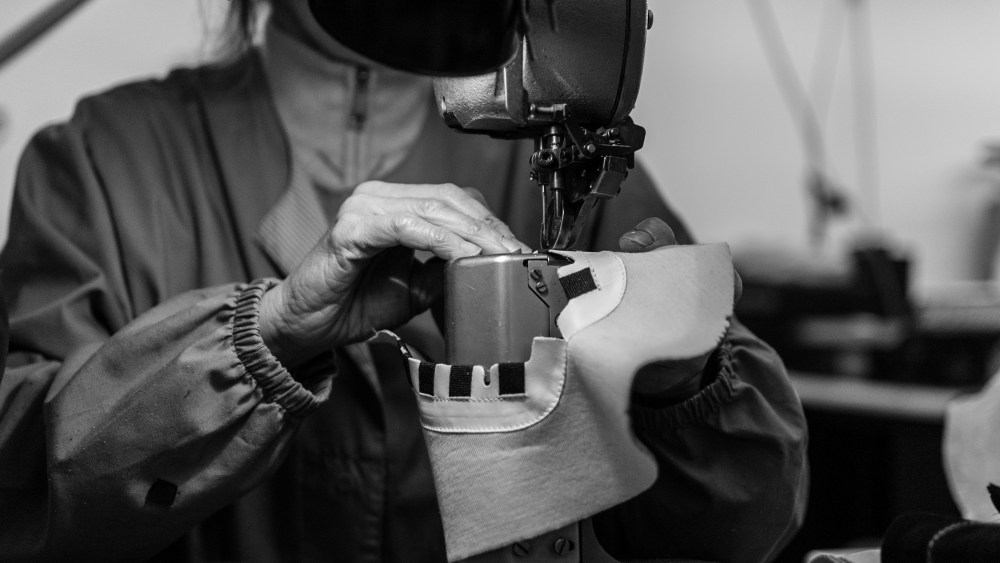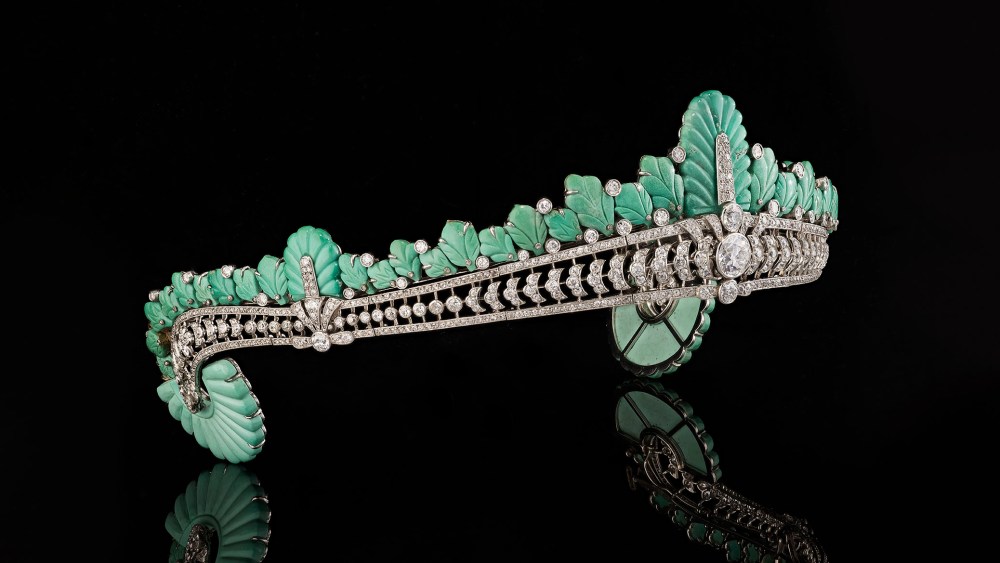MILAN — A mix of economic and geopolitical factors is impacting the footwear, leather goods, fur and tanning industries, said Italian association Confindustria Accessori Moda on Tuesday. The contraction is also the result of the slowdown in key markets such as China and Germany, and the difficulties in securing credit, which thwart new investments.
In the third quarter, sales of the above categories were down 9 percent and the projections for the year show a decrease of 8.1 percent compared with 2023, reaching sales of 30.1 billion euros. This points to a slowing of the rate of decrease in the fourth quarter.
Giovanna Ceolini, president of Confindustria Accessori Moda, said that “also 2024 was a difficult year for our companies and the economy is not showing any significant sign of an immediate improvement. However, we are confident that with the right support, a recovery could be possible.”
You May Also Like
According to statistics firm ISTAT, the industrial production of leather goods was down 16.1 percent in the first nine months of 2023.
The figures were released as unions are negotiating with Bally’s new owner to avoid the closure of a plant in Tuscany’s Lastra a Signa, which would leave 55 artisans without a job, said Yuri Vigiani, of the Filcams Cgil Florence union.
As reported, an affiliate of Regent, the owner of Club Monaco and Escada, acquired Bally International A.G. from JAB in August. Discussions between Bally’s management and the unions are expected to take place with the Tuscany region on Friday, said Vigiani.
“For the time being we are in a limbo,” he added. In October, Bally’s chief executive officer Nicolas Girotto exited the Swiss company, succeeded by general manager Ennio Fontana.
In the first nine months of the year, according to Infocamere-Movimprese, there was a contraction of around 4,800 jobs in the fashion accessories sector, a 3.3 percent decrease compared with December 2023, and 330 companies have shut down.
Confindustria Accessori Moda reported that exports in 2024 fell 8.5 percent to sales of 16.7 billion euros. Exports to Germany were down 3.6 percent while those to Spain, for example, were up 9.1 percent.
Sales to the United Arab Emirates jumped 37.8 percent, while exports to South Korea were down 13.3 percent and sales to China decreased 6 percent.
Almost 36 percent of companies turned to government-funded wage support measures, or cassa integrazione, an increase compared with the first and second quarters of the year.
The association highlighted some of the main challenges, such as adapting to the new European guidelines in terms of sustainability; training, also to preserve Italy’s renowned manufacturing know-how, and internationalization, which is seen as key to create growth opportunities.
Ceolini said it was fundamental for the government to continue to sustain the industry with concrete measures, such as the amendment approved on Dec. 5 that guarantees workers of firms with up to 15 employees an income support. These companies are part of Italy’s value chain and are fundamental assets, observed Ceolini.
As reported, in releasing the official Milan menswear fashion schedule for fall 2025, Camera Nazionale della Moda Italiana’s chairman Carlo Capasa underscored the need to stay resilient amid challenging times.
He shared updated economic projections that forecast 2024 sales of the fashion and connected industries (including textiles, clothing, leather goods, footwear, jewelry, eyewear and cosmetics) were down 5.3 percent to 96 billion euros compared to 2023.
Previous projections in September forecast a sales decrease of around 3.5 percent but Capasa noted that a negative third quarter impacted by weak internal demand, the slowdown of purchases from Chinese customers and overall geopolitical instability made even worse the cautious scenario registered in the first half of the year.


